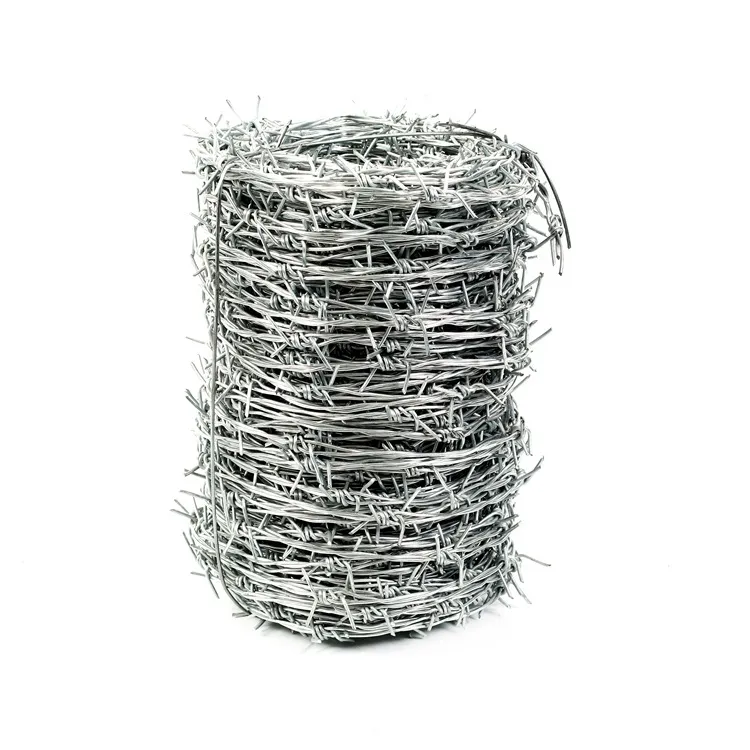Jul . 23, 2024 14:39 Back to list
Effective Solutions for Securing Your Garden with Chicken Net Fencing Options
The Chicken Net Fence Ensuring Security and Freedom for Your Flock
When it comes to raising chickens, one of the most critical components of poultry management is ensuring the safety and security of your flock. Chickens, though hardy creatures, can be susceptible to various predators, disease, and even suffocation if not properly contained. A chicken net fence offers an elegant solution that provides both security and freedom for your feathered friends.
Why Use a Chicken Net Fence?
A chicken net fence, typically made of durable materials such as nylon or galvanized wire, serves as a protective barrier that keeps chickens safe from predators like foxes, raccoons, and hawks. Besides deterring potential threats, this type of fencing allows chickens to roam freely while keeping them contained within a designated area. This ensures that your flock can engage in natural behaviors such as foraging, scratching, and dust-bathing, which are critical for their overall health and well-being.
Benefits of a Chicken Net Fence
1. Protection from Predators One of the most significant advantages of a chicken net fence is its ability to protect your chickens from predators. The mesh design is fine enough to prevent entry from small animals while being sturdy enough to withstand larger threats.
2. Ventilation and Sunlight Unlike solid fencing, a net fence allows for ventilation and sunlight, which are essential for maintaining a healthy environment. Chickens thrive on fresh air and natural light, and a chicken net fence enables them to benefit from these elements while remaining secured.
3. Mobility and Flexibility Many chicken net fences are portable, allowing you to change the location of the fence easily. This mobility is beneficial for rotational grazing, which promotes better grass regrowth and provides your chickens with fresh foraging options.
4. Cost-Effectiveness Chicken net fencing tends to be more affordable than traditional fencing materials. Its lightweight nature makes it easier to transport, install, and maintain, saving time and labor costs.
chicken net fence

Installation Considerations
When installing a chicken net fence, there are a few key points to consider
- Location Choose a spot that provides ample shade and access to natural resources, such as grass or a nearby water source. Ensure the chosen area is free from potential hazards that could threaten your chickens.
- Height and Depth Ensure that the fence is tall enough to deter flying predators and deep enough to prevent burrowing animals from gaining access. A minimum height of six feet is recommended for containment.
- Secure Anchoring Use stakes or posts to secure the netting firmly in place. Given that chickens can be quite agile, a well-anchored fence will help prevent them from escaping.
Maintenance of Chicken Net Fences
Maintaining a chicken net fence is essential for its longevity and effectiveness. Regularly check for any holes or wear and tear in the material. Resealing or repairing weak points promptly can prevent potential breaches. Additionally, keep the surrounding area clear of debris or vegetation that could obstruct the perimeter.
Conclusion
A chicken net fence is an invaluable asset for any poultry enthusiast, offering a balance of safety, freedom, and accessibility. With proper installation and maintenance, it can protect your flock from predators while allowing them to enjoy the great outdoors. Investing in a reliable chicken net fence not only safeguards your chickens but also enhances their quality of life, ensuring your flock thrives in a secure and enriching environment. As you consider your options for poultry management, a chicken net fence stands out as a practical and efficient solution for both novice and experienced chicken keepers alike.
-
The Role of Field Wire Fence in Grassland Conservation
NewsJul.15,2025
-
Stainless Steel Razor Wire Durability in Coastal Environments
NewsJul.15,2025
-
Enhancing Home Security with Mesh Fences
NewsJul.15,2025
-
Diamond Mesh Wire for Small Animal Enclosures
NewsJul.15,2025
-
Common Wire Nail Tensile Strength Testing for Woodworking
NewsJul.15,2025
-
Barbed Wire Corrosion Resistance Galvanization Techniques
NewsJul.15,2025









